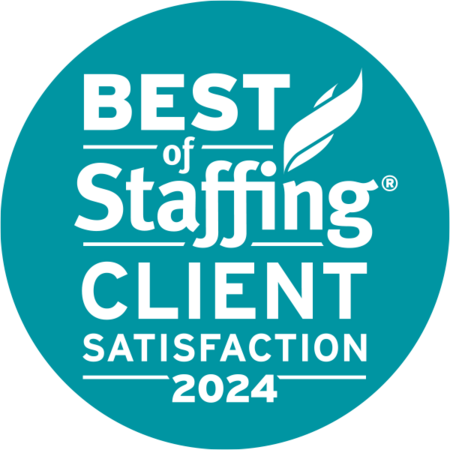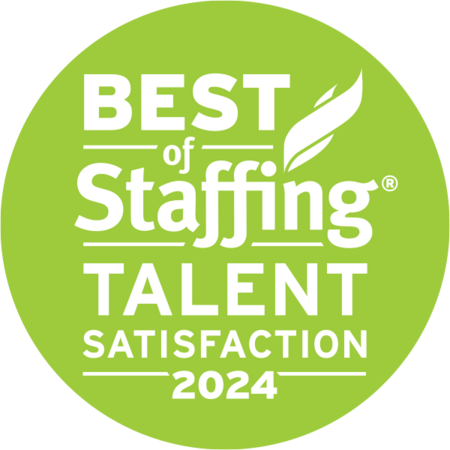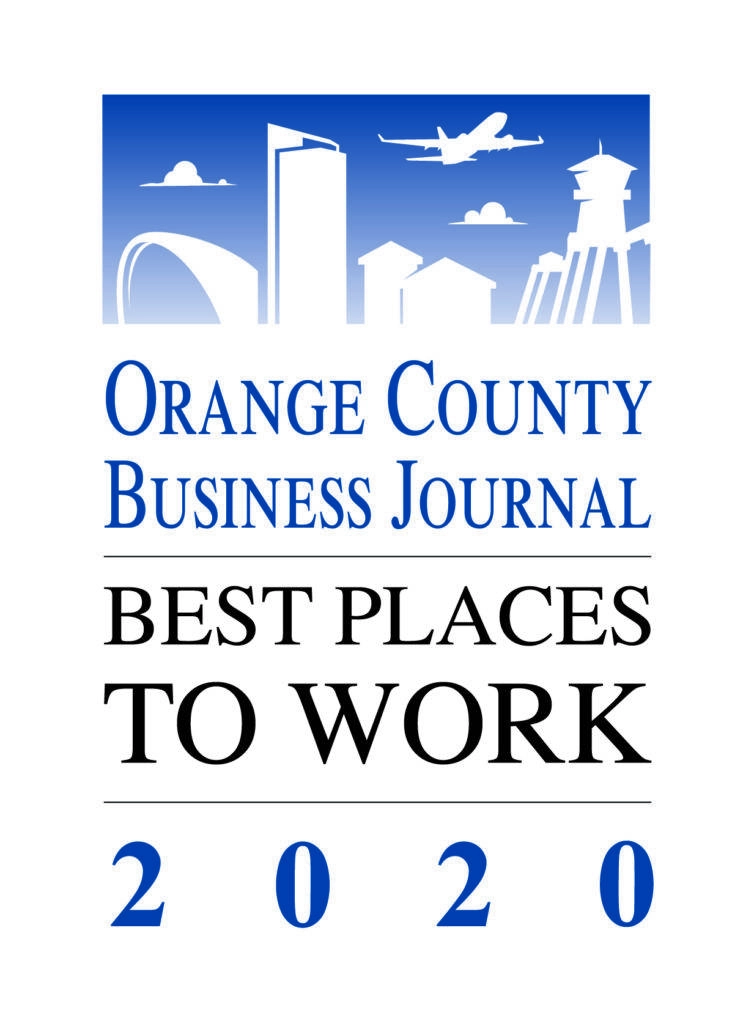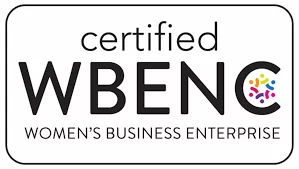Over the past three years, the job market has grown increasingly competitive, as well as tumultuous. Across industries and company sizes, employees have faced both economic instability and shifting priorities with personal circumstances. During a period when mounting uncertainties were met with copious and ultra-competitive employment opportunities, it was all too easy to make quick career changes.
But the start of 2023 provides a new opportunity to recalibrate and approach career transitions with greater clarity and intention. For Accounting and Finance professionals, here are a few tips for strategically planning your next steps.
Consider Your Motivation
Like all career-minded individuals, Accounting and Finance professionals experience a variety of highs and lows throughout their journey. One thing that makes careers in Accounting and Finance unique, however, is the predictability of workload and challenges during recurring busy periods, such as quarterly or annual close periods, or tax filing time. During these busy periods, including the Q1 deadlines we’re currently facing, it’s common to feel increased stress and exhaustion with the pressure to meet constant deadlines.
A multitude of factors can impact decisions around your career: company culture, long-term goals, personal preferences and priorities, salary, and advancement possibilities. Therefore, it’s important to step back and take a holistic assessment of your situation.
When the grass starts to look greener, the first question to ask yourself is “Why now?”
When feelings of angst begin to rise, the most obvious instigator is stress. Many Alliance Resource Group(ARG) candidates experience increased levels of stress during peak times, sparking the itch to look elsewhere. But stress and burnout are two different things.
Stress is associated with having too many responsibilities during a short timeframe, while burnout is a progressive, longer-term condition that includes emotional exhaustion and cynicism, leading to greater feelings of dissatisfaction. And, oftentimes, “burnout is rarely just work-related,” the NYT reports: “It’s not as easy to identify sources of stress as we think it is. You might feel it’s the work environment, but part of the stress could be you have no opportunity to disconnect from your job.”
Burnout occurs when boundaries erode between work and personal life. So simply jumping ship will not fix this problem.
If you’re feeling a strong urge to make a quick decision, first consider if it’s crunch time. If you’re feeling burnout beyond the seasonal busy times, you might be struggling with work-life balance. Before making a career move talk to your supervisor about workload, resources, and delegation. Give yourself enough time to make a strategic move rather than a knee-jerk reaction.
Look Back and Ahead
Considering a career move is a good opportunity for self-reflection. Check in with yourself and examine the motivations, inspirations, and aspirations influencing your decision. Consider these questions:
- Have you accomplished the goals you set when you started in your current company?
- Have your priorities changed?
- Why did you take this job in the first place?
- Are you bored?
- What is frustrating you?
- What do you like about your current position?
- Do you feel challenged and valued?
- Do you want more money?
- Where do you see yourself in one, three, and five years?
- Will a new position be just as stressful?
Know Your Core Values, Interests, and Goals
If you struggle to answer these questions, it might be time to reassess your immediate and long-term goals. If you’re experiencing a lack of engagement and dissatisfaction, first determine if it’s because of boredom with daily tasks or specific projects. Try to identify new opportunities or initiatives that require greater responsibility or that better align with your interests and skillsets.
Maybe you feel under-challenged or undervalued. Perhaps you’ve exhausted professional development opportunities with your current supervisor. There might be new avenues for growth in another team or department, or you could benefit from a coach or mentor elsewhere within the company. Take some time to really understand your pain points and then flesh out your goals, professional development needs, and aspirations. Once you have a clear career plan, explore all internal opportunities before looking elsewhere.
Tap Your Networks if It’s Truly Time to Transition
If it’s time to go, reach out to an ARG recruiter and let us know you’re looking for something new. ARG professionals can help find the best possible placement for your skills, interests, and values. Openly and honestly explain why you are looking for a career shift.
Need help finding a new job or planning your next move? Tap into Alliance Resource Group’s resources and expertise.
Related Content
2023 HIRING TRENDS: WHAT THEY MEAN FOR YOUR JOB SEARCH
PRO TIP: KEEPING IN CONTACT WITH YOUR RECRUITER
SUPERCHARGE YOUR CAREER WITH 2023 GOAL SETTING
THE GREAT REGRET: YOU TOOK A NEW JOB BUT NOW HAVE SECOND THOUGHTS





